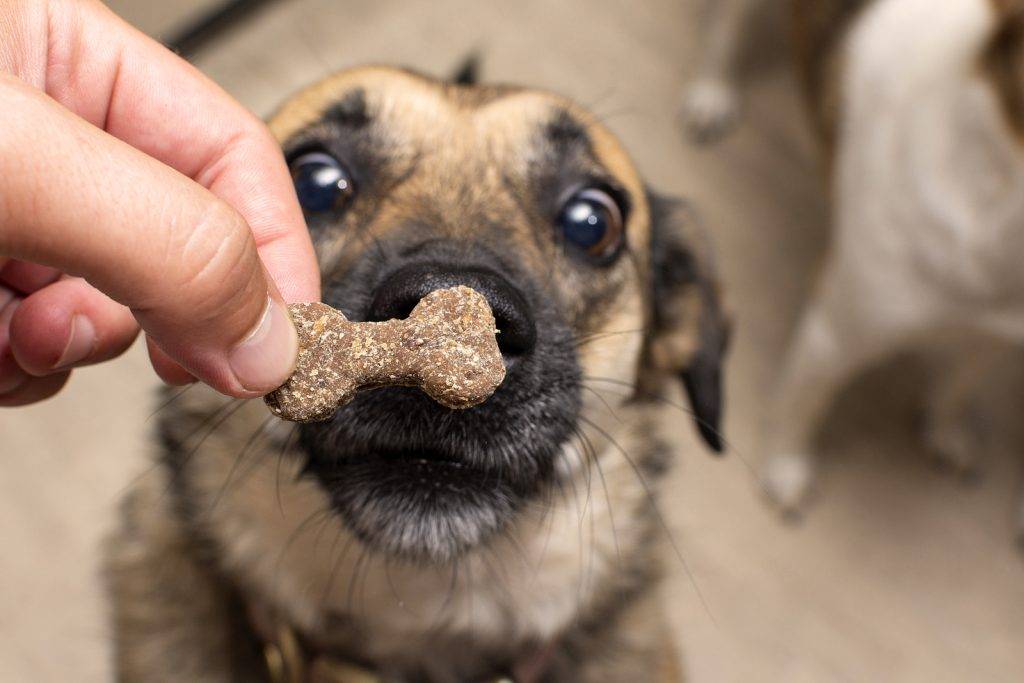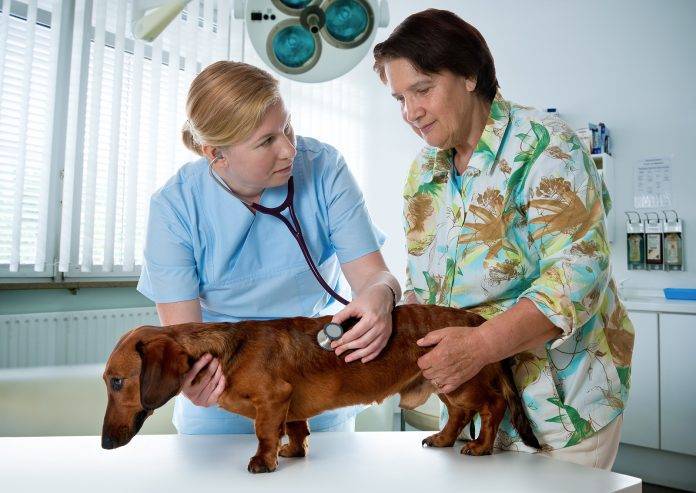How to tell if you can trust your Veterinarian is a question pet owners ask themselves frequently. Most people get very emotional when it comes to our furry babies. The unconditional love and support we often get from our pets can mean everything to us. So, of course, we try to take the best care of them as possible, and a big part of that is knowing how to tell if you can trust your Veterinarian.
As a whole, most people who choose to dedicate their lives to the health and well-being of animals are good people at heart. But, of course, that is simply not true in every case. Some people choose to become a Veterinarian because it is a job where you are your own boss, it pays well, and your patients cannot complain about your care or bedside manner.
Table of Contents
Regular Check-Ups Can Help Tell If You Can Trust Your Veterinarian
Taking your pet to a Veterinarian, especially if you own a dog or a cat, should be done on a regular basis. Our furry babies need check-ups, shots, medicines, and other standard medical care just like we do. Having a regular Veterinarian who knows your pet, understands their medical history, and has given consistently good advice can tell if you can trust your Veterinarian.
A good way to tell if you can trust your Veterinarian is to consider how your Vet handles your pet for normal appointments like shots. Ask yourself some questions, like how much time your Vet spends with your pet. Also, how much time do they spend with you? Do they always recommend expensive food and medications, or do they sometimes just give your pet a clean bill of health?

Why It Is Important To Know If You Can Trust Your Vet
The problem is, no matter how well we take care of our furry friends, at some point, they will become ill. At that point, the only option many people have is to take them to a Veterinarian. At that point, there was no choice but to place our trust in the Vet and expect the truth with high moral standards. So, knowing how to tell if you can trust your Veterinarian is critical to your pet’s well-being and your own peace of mind.
Good news or bad, we expect the truth from our Veterinarian. When a pet becomes ill, they cannot tell you what is wrong, so we need to trust the Vet’s recommendation on how to best care for our family members who have always loved and supported us. So, since you will likely be in a vulnerable and emotional state, how would you feel if your trusted Veterinarian is only advising treatments to make money off of you?
Unfortunately, it happens more often than most people would like to believe. Like doctors, veterinarians need to pay for their practice, insurance, employees, and school debts. Sometimes, the stress of paying bills may outweigh the importance of adhering to an ethical code.

Examples Of How Veterinarians May Take Advantage Of You
Maybe a furry baby is at the age of, say, 16, which is 112 years old in human years. Your pet has been your constant companion for all those years, and you are willing to do anything to extend its life. An unscrupulous Vet may know that the Dog or Cat has Cancer and may not survive long anyway but still recommend giving Chemo or other costly treatments.
With the rise of corporate takeovers of individual pet clinics, it has become much harder to know who to trust when caring for your beloved companion. There are many horror stories of how costly cancer treatments perhaps shorten the animal’s life. And there are plenty of other tactics being used by these corporations that only care about their bottom-line profits.

When Not To Trust Your Veterinarian
Shockingly to many, these big companies have studied how much the average person will pay to keep their pet healthy. According to several sources, most people place a monetary value of 5000.00 as their limit to spend on veterinary care.
That $5,000 is what these studies show a pet owner will pay before they opt to uthanize their beloved pet. If you hear that 5000.00 is the magic number, seek a second or third opinion. Find a veterinarian who owns their own clinic, has a long-standing reputation for ethical behavior, and does not suggest cancer treatments for an animal more than 15 years old.
Emergencies happen with pets. You may need to spend that amount or even more if this is the case. If your pet needs emergency surgery and extended hospital care, $5000 is not unreasonable. But before you pull out your checkbook, consider the age of your pet and the quality of life they will have after any procedures and the healing process is complete. And always, always get a second opinion.
Read more – What Foods Should Dogs Not Be Fed








